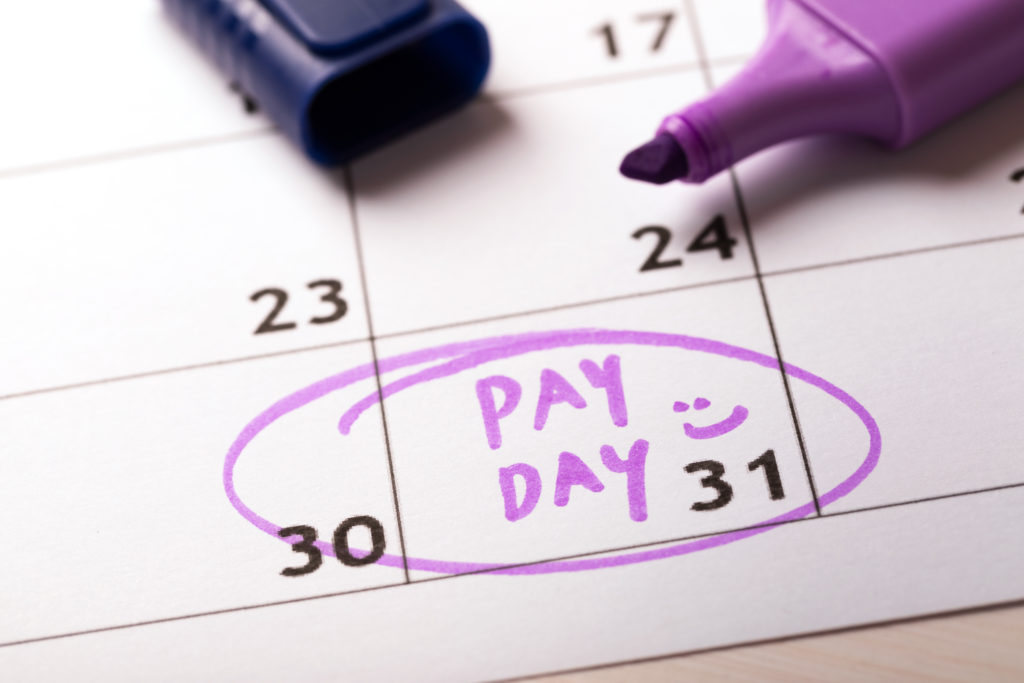My employer didn’t pay me, what can I do: What Do You Do if Your Employer Doesn’t Pay You
What do you do if your employer doesn’t pay you? Well, if your employer has not paid you your paycheck, Massachusetts law guarantees you certain rights. First, your employer must pay you within six days after your pay period ends (seven days if you work a seven-day workweek). If you are fired, your employer must pay you all your earned wages on your last day of work. M.G.L. c. 149, § 148 (“any employee discharged from such employment shall be paid in full on the day of his discharge.”) Earned wages includes any earned, but unused vacation pay due “under an oral or written agreement” and any commissions that are “definitely determined and has become due and payable.”
It is smart to contact an attorney ASAP if you believe that you were not paid your earned wages as required by law. The law states that an employer may not make payment of the wages after the filing of a complaint and use it as a defense in the case. If it weren’t for this law, employers could simply not pay, make employees spend time and money their earned wages, then finally pay with no real downside. Further strengthening employees’ hands, the law states that an employee who wins their case may receive three times their unpaid wages in Massachusetts plus the attorneys’ fees and costs necessary to prosecute the lawsuit. if the employee takes their case to court and wins. In other words, if you don’t get paid, you don’t have to go into debt to get your money.
If you are still employed, and your employer has failed to pay you your earned wages, the law also protects you from retaliation as you attempt to obtain your money. When an employee complains about overtime or unpaid wages in Massachusetts, under state law, the employee is protected from discharge or other punishment because of the complaint. This protection extends to formal complaints filed in court or with the attorney general, but also includes protection for making informal written or verbal complaints directly to your employer for violations of the Wage Act or overtime law.
If you are terminated or fired from a job and not paid in full the same day, it is prudent to leave with written evidence that you were fired and did not quit. If you can’t get a written acknowledgment of your termination, make note of any witnesses to the fact that you were fired and did not quit. If you are contacted while at home or otherwise away from the job site and terminated, it is smart to respond in writing (an email is fine) and ask for your final pay. If your employer fails to pay you, you will have a solid claim.
Wondering what do you do if your employer doesn’t pay you? Reach Out to Us for the Answer
Don’t let your employer deny you pay. Whether you’re still employed or recently fired, our team can provide the support you need. Call us or fill out the form below for a free case review to find out if you have a claim.
Contact Us
"*" indicates required fields

